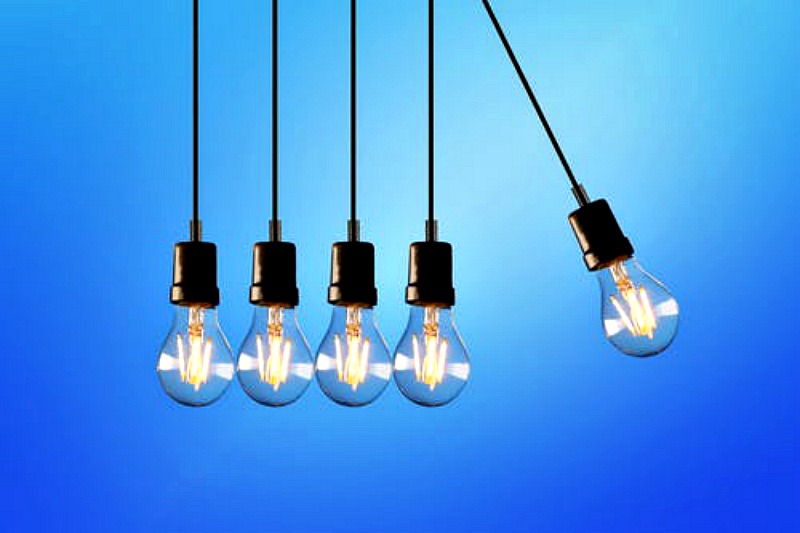Energy issues have become a hot topic these days, as the consequences of climate change are becoming worse each year. Greenhouse gas emissions, waste production and the burning of fossil fuels are causing the temperature of the earth to rise and triggering more natural disasters.
Although climate change affects everyone, you can take proactive steps in slowing down its effects. You can start by conserving energy in your home. This will help you save money along with the environment.
Below are seven energy-saving tips you can do today that, when done habitually and collectively, will help the environment:
Table of Contents
Use Solar-Powered Devices
More companies are now transitioning and investing in sustainable energy. Solar energy is indeed the future.
If you can’t afford solar panels for your roof just yet, don’t fret. You can start the transition by using a solar-powered version of an electronic device ー may it be a phone charger, light or fan.
Use Natural Light As Much As Possible
Taking advantage of natural light is one of the most effective ways you can save energy. Using daylight reduces your overall electricity consumption and costs.
Although electricity-powered light emits a lot of heat, natural light hardly produces any heat. Just make sure that to strategically cover your windows. This will block the intense heat of the sun during the afternoon while promoting airflow through your house.
Turn off the Lights When Not in Use
Have you ever wondered why your electricity bill is so high? One reason may be due to energy-hogging light bulbs in your home.
Turning off your lights when no one is using them can save electricity and lower your bills. Don’t forget to switch them off when you are not using them, leave the room or your house and want to use sunlight as your primary light source inside your house.
This simple but effective tip goes beyond saving energy and reducing your electric bills. It will also extend the life of your light bulbs.
Use LED Lights
Led lights use at least 75 percent less energy than incandescent lighting fixtures. These lights also last up to 25 times longer.
Led light is different from incandescent and CFL bulbs in various ways. LEDs, for starters, emit light in a specific direction. This reduces the need for extra elements, such as reflectors and diffusers, which can trap the light.
Another key difference is the heat generated by LEDs. While incandescent bulbs release 90 percent of their energy as heat, LEDs do not emit a lot of heat.
What’s more, LED lighting typically lasts much longer than most lighting types. It can last 30 times longer than incandescent light bulbs. It can also last three to five times longer than CFL bulbs.

Unplug Gadgets and Other Electronic Devices When Not in Use
Appliances and other electronic devices consume energy even when they are on standby mode. This can contribute to your home’s energy bills.
If you’re looking to save energy and money at the same time, you’ll need to unplug these gadgets or devices from the outlet. Another benefit of unplugging devices and appliances is it can protect against power surge damage.
Insulate Your House
Insulation is instrumental in reducing your energy bills. The right amount of insulation can keep heat out of your home during summer and retain heat during wintertime.
The suggested level of heat resistance, also known as R-value, for your insulation will depend on your home’s location. If you live in a warmer climate, for instance, the recommended R-value is a lot lower than for buildings situated in colder regions, such as the northeastern part of the United States.
When adding insulation, make sure you focus on the five main areas of your home: crawlspace, basement, floors, walls and attic.
Turn off the Air Conditioner and Heater When No One is Around
During summer, people often leave the air conditioner on. This way, they can look forward to a cool room when they get back. Similarly, during wintertime, they tend to leave the heater on because they want to enjoy the heat after being out in the cold.
Don’t be like these people. If you’re heading out and no one else is in your home, make sure that you switch off the air conditioner or heater.
According to the U.S. Energy Information Administration (EIA), the average residential monthly electric bill is $115. If you find yourself paying more than that, then it’s time to take a look at your household activities.
These small changes can go a long way and add up to huge savings on your utility bills. Start practicing these good habits today.
